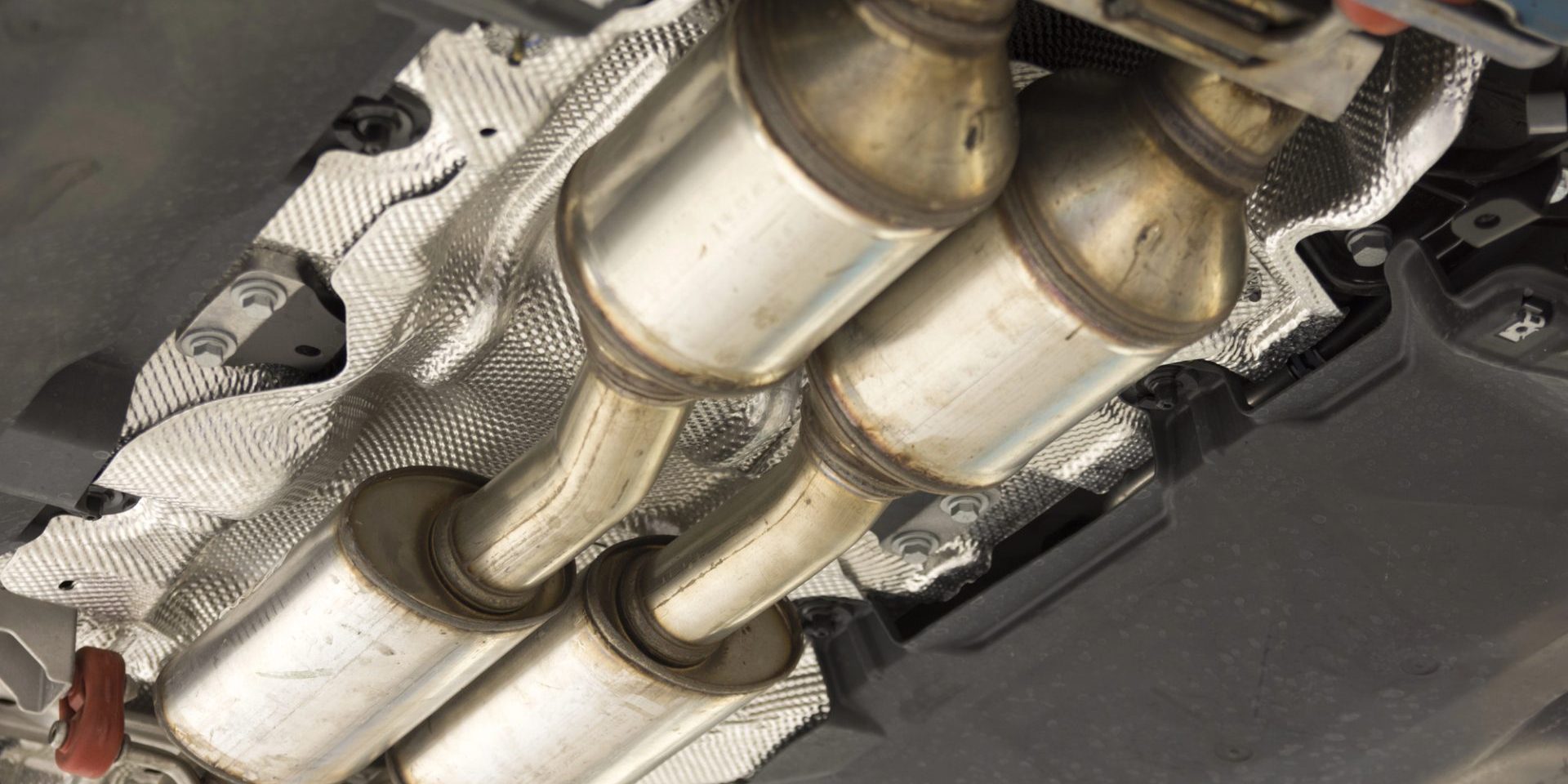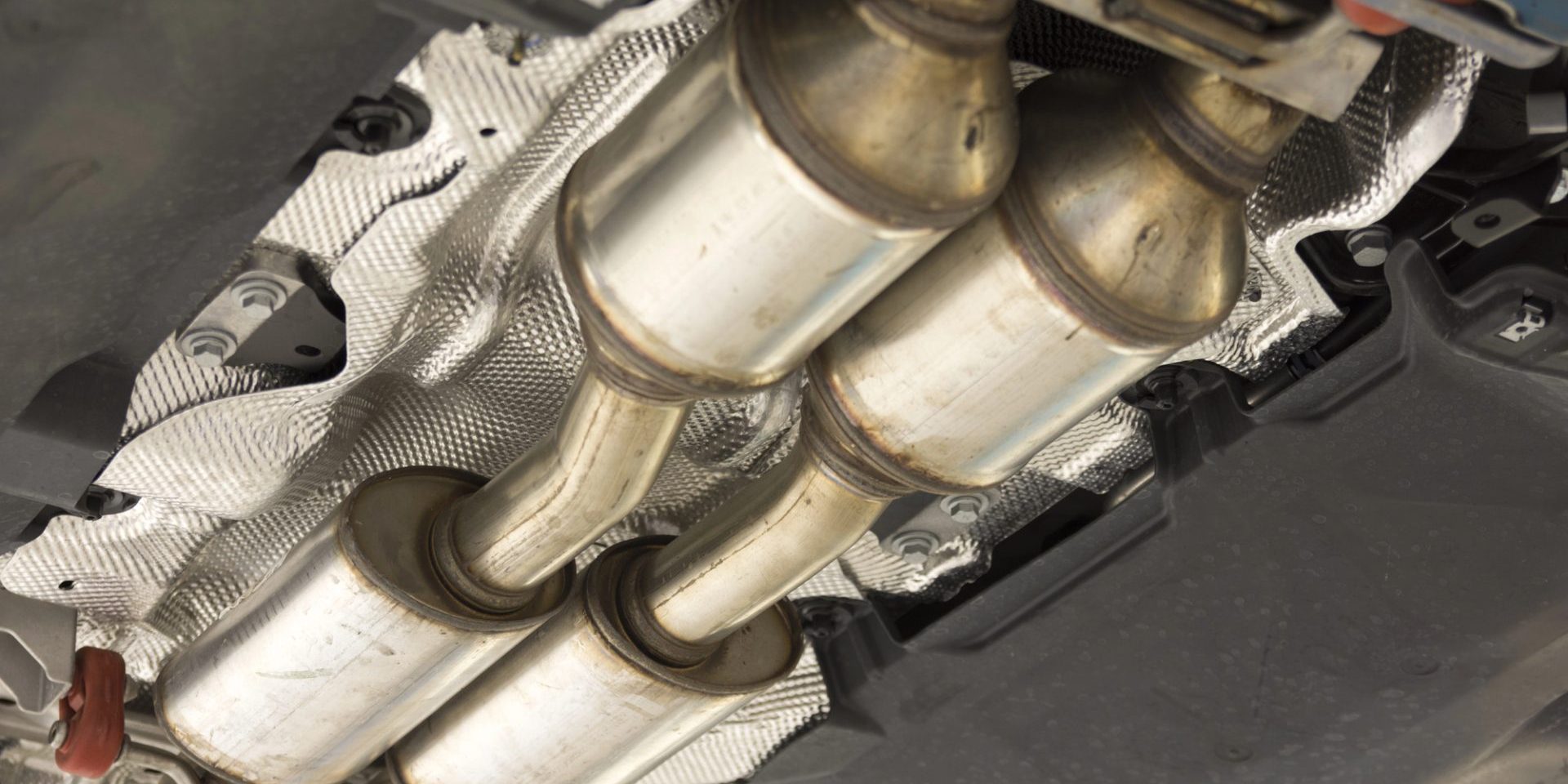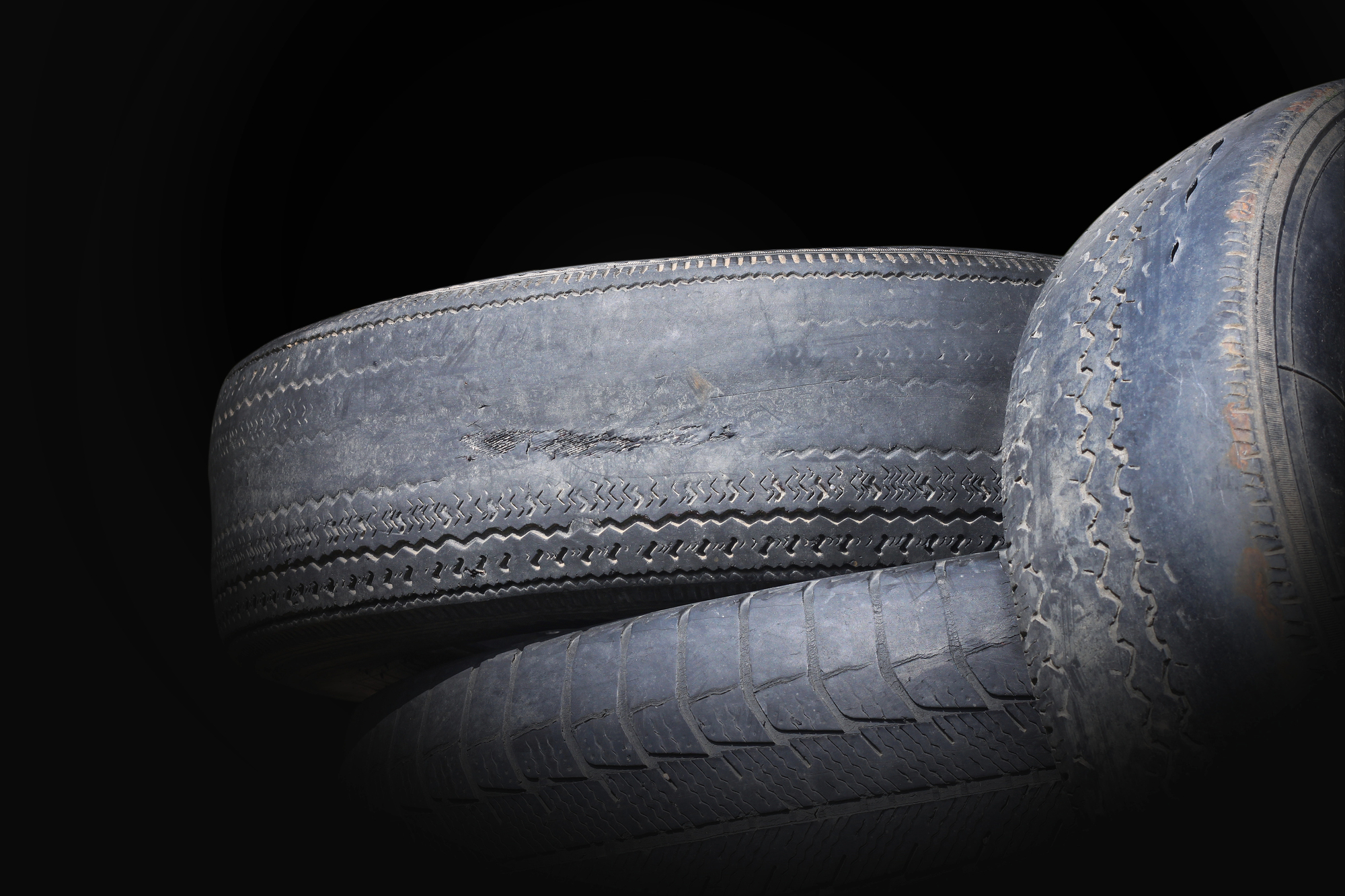Why does my car smell like burning oil?


A car smelling like burning oil is usually caused by oil leaking onto hot engine parts (like the exhaust manifold) or internal engine failure. Common causes include failed valve cover gaskets, worn piston rings, a faulty PCV system, or residual oil from a recent oil change. It is critical to address this to prevent engine damage or fire risks.
Common Reasons for Burning Oil Smell:
- Oil Leaking onto Engine Parts: The most common cause is a leaking gasket (e.g., valve cover or oil pan), dripping oil onto the hot exhaust system.
- Internal Engine Burning: Worn piston rings or valve seals allow oil into the combustion chamber, which burns during operation, often producing blue/grey smoke from the exhaust.
- Overfilled Oil: Excess oil can overflow or create high pressure, leading to leaks.
- Faulty PCV System: A clogged Positive Crankcase Ventilation (PCV) valve can cause pressure build-up, forcing oil out of seals.
- Residual Oil: Oil spilt onto the engine block during a recent oil change can cause a temporary burning smell.
What to Do:
- Check Oil Levels: If the level is low, you have a leak or are consuming oil.
- Look for Smoke: Check for smoke under the hood or from the exhaust.
- Inspect for Leaks: Look for oil residue on the engine or dripping under the car.
- Check Engine Temp: A burning smell accompanied by overheating suggests a serious issue.
This guide covers the common causes, what they look like, and what you can check safely before booking the right repair…
What a burning oil smell is telling you
A burning oil smell has two main patterns. The first is an external leak where oil drips or weeps onto hot metal in the engine bay, then burns off. The second is internal oil consumption, where oil enters the combustion process, then leaves through the exhaust as smoke and odour.
The difference matters for diagnosis. External leaks usually leave fresh oil traces on the engine or undertray, and the smell is strongest after a drive when the exhaust is hot. Internal burning usually comes with rising oil consumption, exhaust smoke that can look blue or grey, and fouling inside the intake or on spark plugs.
Oil leaking onto hot engine parts
When oil lands on hot components, it does not just smell. It smokes, it bakes into varnish, and it can soften hoses, belts, and electrical insulation nearby. These leaks also tend to get worse over time as seals harden and heat cycles keep working the joint.
Valve cover gasket leaks
The valve cover gasket sits at the top of the engine and seals in oil splashing around the valvetrain. When it fails, oil often runs down the side of the cylinder head and onto the exhaust manifold or heat shields. That creates a strong smell after short drives, plus wisps of smoke rising from the rear or side of the engine bay when you stop.
Look for wetness along the valve cover perimeter, especially near the corners and around ignition coil areas. On some engines, oil can pool in spark plug tubes, which causes misfires and a rough idle as well as the smell.
A repair normally involves replacing the gasket, cleaning the mating surfaces, and checking the cover for warping. If the bolts are overtightened, the cover can distort and the new gasket can fail early.
Oil filter, housing, or cooler leaks
Oil filters sit in a high-pressure part of the lubrication circuit. A loose filter, a double-stacked old seal, or a damaged housing seal can leak quickly. On many cars, the filter housing sits above hot exhaust components, so even a small seep can smell strong.
A common sign is fresh oil around the filter base or housing, sometimes with oil sprayed outward by airflow. If the leak is active, the oil level can drop faster than expected, which raises the risk of low oil pressure.
If you recently had an oil change, inspect the filter area first. A correctly fitted filter seal and correct torque on the housing cap or filter can resolve the issue without replacing major parts.
Oil pan, drain plug, and underbody leaks
Leaks at the oil pan gasket or drain plug can drip onto the exhaust pipe further back or onto undertrays that then heat soak and smell. You might notice spots on the ground, oil streaks on the undertray, or oil coating on suspension arms near the front.
Drain plug issues include a damaged sealing washer, cross-threaded plugs, or a plug left slightly loose. Over time, oil can coat the bottom of the engine, then the smell appears after longer drives as the whole area heats.
A shop will usually clean the area, verify the source, and then replace the seal or gasket as needed. Cleaning first is key, otherwise old oil film can hide the true leak path.
Internal engine oil burning
Internal burning means oil is entering the combustion chamber or the intake stream, then being burned and expelled through the exhaust. The smell tends to follow the car rather than staying under the bonnet, and oil level checks start showing real loss between services.
Worn piston rings and cylinder wear
Piston rings seal the combustion chamber and control oil film on the cylinder walls. When ring sealing degrades, oil can slip past into the combustion chamber and burn. This can show as blue or grey exhaust smoke, especially under acceleration after a period of coasting, plus higher oil consumption.
You can also see signs in spark plugs that look oily or heavily carboned on one or more cylinders. Some engines show reduced compression and more blow-by, which can push extra vapour into the crankcase ventilation system.
A proper diagnosis uses compression and leak-down testing, then inspection of the intake tract and plugs. Repairs range from top-end work to a full rebuild, depending on the engine and how far wear has progressed.
Valve stem seals and guides
Valve stem seals limit oil running down the valve guides into the combustion chamber. When seals harden or guides wear, oil can drip into the cylinder while the engine sits, then burn on start-up. That often creates a puff of smoke when you first start the car, then a smell that fades as the drive continues.
This fault can mimic piston ring issues, yet the pattern is different. Ring issues often show smoke under load, valve seal issues often show smoke after idling or on start-up.
Some engines allow valve seal replacement without removing the cylinder head, yet it still needs specialist tools and careful work to avoid valve drop.
Crankcase pressure and the PCV system
The Positive Crankcase Ventilation system manages vapours inside the engine. When the PCV valve sticks or hoses clog, crankcase pressure rises. That pressure pushes oil past seals and gaskets that would otherwise hold.
How a faulty PCV creates smells
High crankcase pressure can force oil out around valve covers, front and rear crank seals, or turbo oil seals on boosted engines. The leak then lands on hot parts and smells. A clogged PCV can also increase oil vapour pulled into the intake, which then burns and creates an exhaust smell.
Check for oil seepage in multiple places at once, plus rough idle, whistling sounds from vacuum leaks, or oil in the intake piping. These signs together point toward ventilation trouble rather than a single gasket failure.
PCV service often includes a new valve, new hoses if they have softened or collapsed, and cleaning of any restricted ports. It is a relatively small job that can prevent repeat gasket failures.
Overfilled oil and spill residue
Some burning oil smells come from simple human error, which is a relief, until it is not.
Overfilled oil
Too much oil can increase windage inside the crankcase, aerate the oil, and raise pressure. That combination encourages leaks at seals and gaskets, and it can force oil vapour through the intake system. It also risks catalytic converter damage if oil burning becomes heavy.
Check the level on flat ground with the engine off and oil settled. If it is above the maximum mark, drain to the correct level rather than hoping it fixes itself.
Oil spilt during a recent oil change
Oil spilt onto the engine block, undertrays, or exhaust heat shields can smell for several drives. This is common when filling without a funnel or when oil runs down the filler neck onto the block. The smell usually reduces as the residue burns off, yet it can linger if oil pooled in a tray or under a plastic cover.
You can often confirm this by seeing clean-looking oil film on top surfaces rather than dark, aged oil creeping from a gasket line. Cleaning the spilt area with a safe degreaser and rinsing carefully can clear it faster.
What to do right now
You can do a first pass check without tools and without taking risks.
Check the oil level and look for fresh oil
Check the dipstick level when the engine is cool and the car is level. If it is low, top up to the correct range, then plan a repair. Do not ignore a low level and keep driving on hope.
Look around the valve cover edges, oil filter area, and under the front of the engine for wetness. Fresh leaks look wet and glossy. Old leaks look baked and dark.
Look for smoke in two places
With the engine warm, stop safely and open the bonnet. Look for wisps of smoke rising from the rear of the engine bay near the exhaust manifold area. Then stand behind the car and look for exhaust smoke that looks blue or grey.
Smoke under the bonnet suggests an external leak onto hot parts. Smoke from the exhaust suggests internal burning or heavy vapour ingestion through the intake.
Watch for overheating or warning lights
A burning smell plus rising temperature or coolant warnings can point to a larger issue, including oil leaking onto components that affect cooling airflow, or mechanical trouble that is generating excess heat. If the temperature climbs, stop and shut down.
If you see the oil pressure warning light, stop driving immediately. Low oil pressure can destroy an engine in minutes.
When to stop driving
Stop driving and arrange a tow if any of these occur:
- Smoke pouring from under the bonnet
- Oil dripping onto hot exhaust parts
- Rapid oil level drop after topping up
- Oil pressure warning light
- Burning smell plus misfires, harsh running, or overheating
A burning oil smell is not a cosmetic issue. It is either oil where it should never be, or oil being burned where it should never enter, and both paths lead to expensive damage if you keep pushing your luck.
If you enjoyed this article, be sure to follow us on Microsoft Start.










